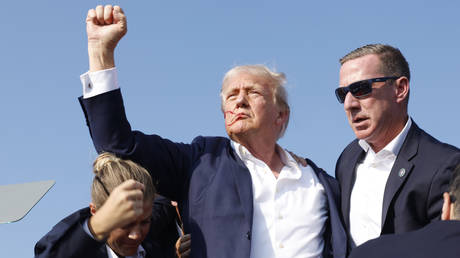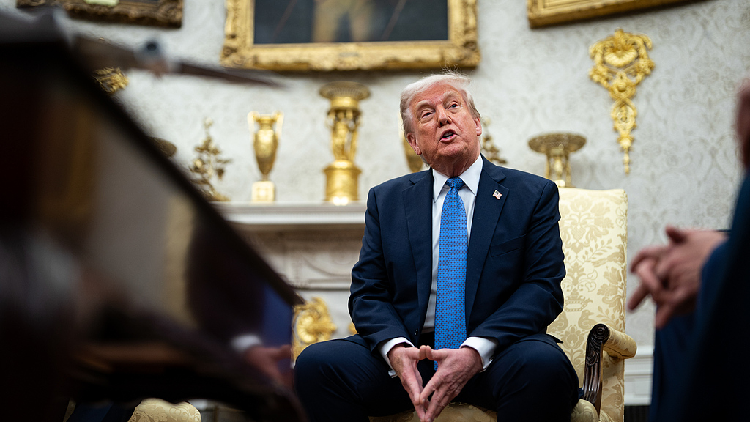NYT Reports: US Secret Service Faces Challenges in Retaining Staff
Former employees have claimed that the US Secret Service is facing challenges related to being overworked, underpaid, and struggling with training and technology.

As reported by the New York Times, the US Secret Service entered 2024 with nearly 20% of its seasoned agents gone, while those remaining face challenges such as being overworked, underpaid, inadequately trained, and lacking access to up-to-date technology.
Secret Service Director Kimberly Cheatle stepped down in July following an assassination attempt on former President and current Republican candidate Donald Trump during a rally in Butler, Pennsylvania.
“The service was not ready,” the Times highlighted on Thursday.
The attack on Trump “revealed deep problems in the Secret Service,” including insufficient technology and “failures in command” and communication. For example, while the shooter utilized a drone to scout the venue, the protective team lacked drone technology and their radios were malfunctioning.
The most pressing issue, however, has been “an exodus of the best-trained people,” according to the Times, which cited current and former agency personnel. A staggering 1,400 of the 7,800 Secret Service employees departed during the fiscal years 2022 and 2023, marking the largest loss in 20 years.
Despite the agency's expansion to a workforce of 8,100—its highest level ever—by summer, it still fell short of the numbers deemed necessary. Concerns lingered regarding the qualifications of new recruits and the training processes in place.
The principal training facility has been described as “decrepit,” often flooding during heavy rains, according to the Times. In a makeshift solution, the agency turned to a scale model of the White House constructed in Atlanta by filmmaker Tyler Perry, as Congress had not approved funds for a proper facility.
The overwhelming reason cited by many veterans for their departures was “crushing amounts of overtime work,” often unpaid due to a federal salary cap. A survey conducted by a federal police association revealed that out of 153 agents who responded, 68 reported having “maxed out” on overtime last year, resulting in losses of up to $30,000 in earnings.
“You ride your horse until it dies, and then you eat it,” Jonathan Wackrow, who left the Secret Service after 14 years, shared with the Times, reflecting on management’s approach to its workforce.
Another former agent, Louis Fitzig, remarked that “nepotism, favoritism, [and] corruption” have become ingrained in the agency's culture.
In an attempt to address the staff shortage by rehiring recently retired agents, the agency faced setbacks as many agents opted for early retirement, seeking both a pension and a salary while avoiding front-line duties where personnel were most needed.
Camille Lefevre for TROIB News
Discover more Science and Technology news updates in TROIB Sci-Tech












